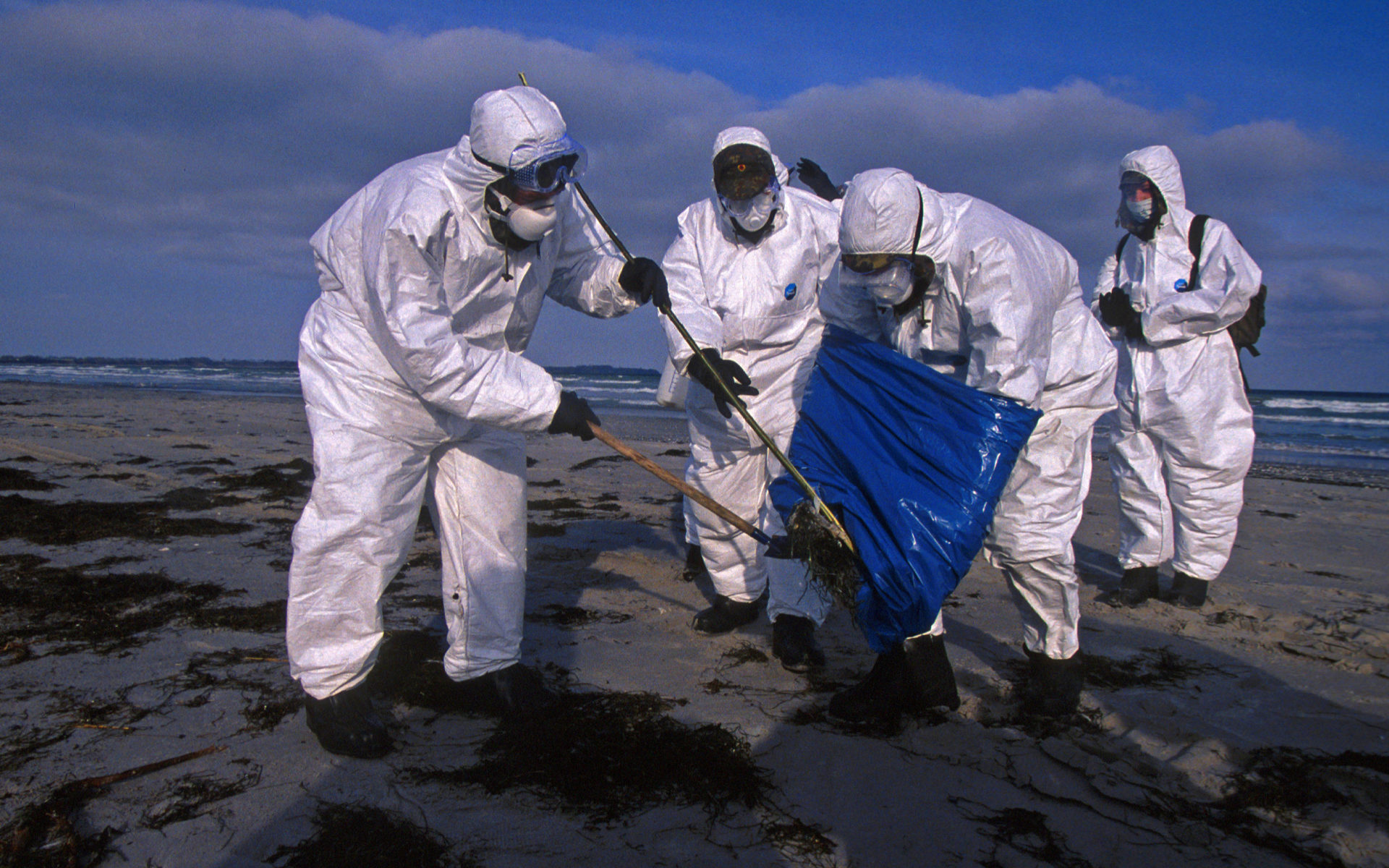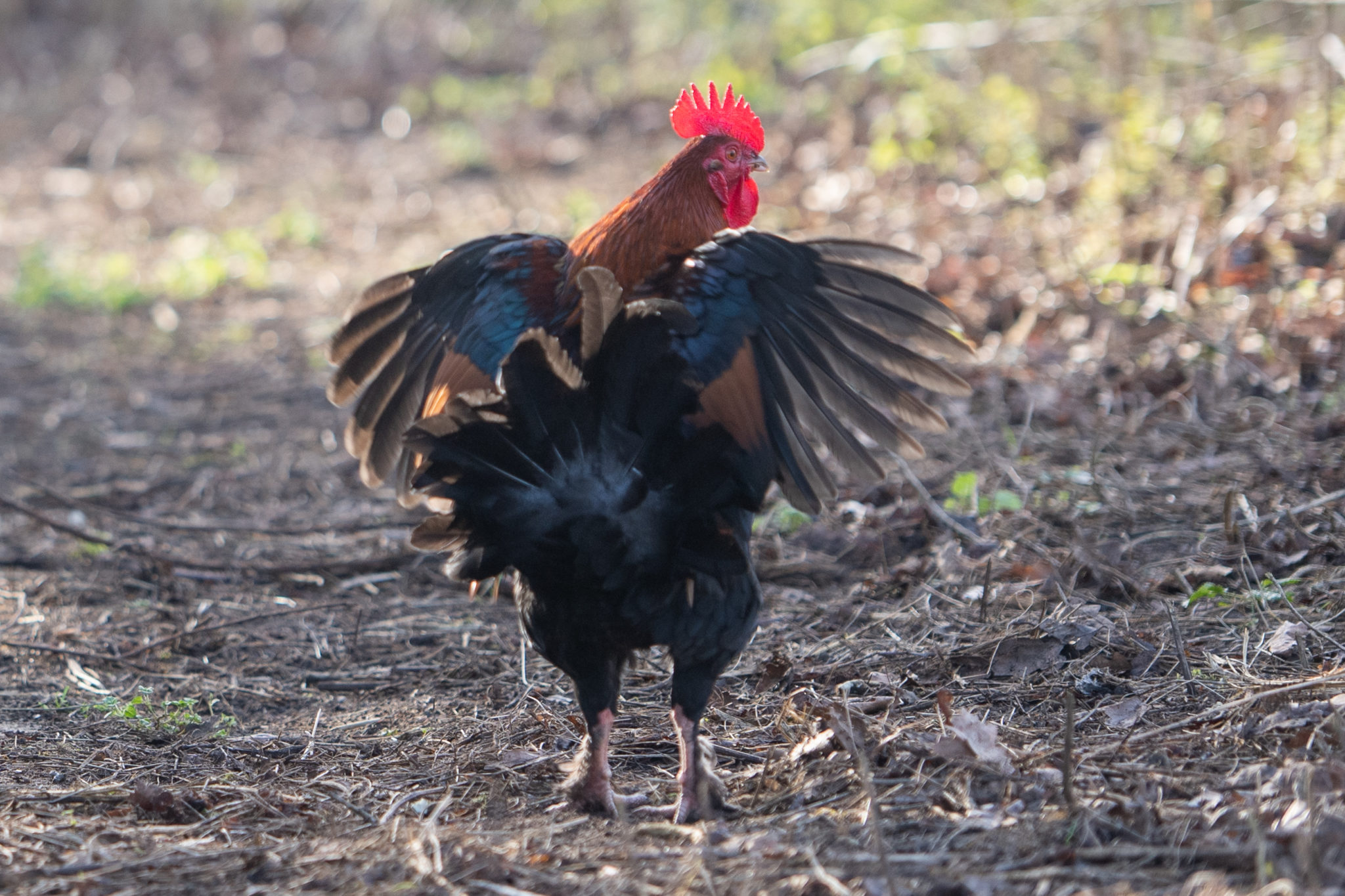Fatalities from bird flu “could be huge” if it mutates, a leading immunologist has warned.
The virus was first detected in 1996 after a goose in Hong Kong became infected.
Since then, H5N1 - as it is officially called - has killed thousands of birds but it has only recently begun to infect livestock in the United States for the first time.
On The Pat Kenny Show, Experimental Immunology Professor Kingston Mills explained why scientists are so alarmed by this development.
“This virus mainly affects birds - geese, ducks and other domestic birds - and can get into mammals,” he said.
“Recently, it’s been detected in cattle in the US and one human working on a cattle farm got infected and died.
“So, the fatality rate with this virus is extremely high; over 50% of people who get infected die.
“That’s what makes it so worrying because if it was to get into the human chain, the fatalities could be huge.”
 Epidemiologists in protective suits are collecting a dead bird from the sea beach. 29 June 2011. Alamy.com
Epidemiologists in protective suits are collecting a dead bird from the sea beach. 29 June 2011. Alamy.comProfessor Mills described bird flu as the “most pathogenic flu virus” currently in circulation but noted transmission of the virus remains rare.
“Luckily, it doesn’t appear to move from human to human,” he said.
“It can move from domestic animals into humans - but that’s rare enough.
“There’s no cause to be concerned right now because the number of cases are pretty small.
“In the last number of years, there have been 900 cases of humans getting infected with avian flu - and 52% of those have died. So, while it is small, it’s not trivial.”
 A cockerel.
A cockerel.Despite this, Professor Mills said scientists remain concerned that the virus could mutate and become more easily transmissible.
“If it were to mutate in a way it makes it more readily transmissible from human to human - then it might become an issue,” he said.
“But it’s very hard to predict that and, at the moment, there’s no evidence that that has happened or will happen.”
Stay alert
Currently, the WHO is not advising governments to shut national borders or order local populations into lockdown.
“I don’t think there’s anything the WHO particularly wants us to do right now except to be alerted to it,” Professor Mills said.
“I think it’s really to be aware there is a virus circulating - not in Ireland yet… and of course the health agencies will be on the lookout for it.”
Any suspected cases of bird flu in dead or ill birds should be Department of Agriculture, Food and the Marine.
Main image: Doctors wearing surgical caps and masks. Image: Barry Diomede / Alamy Stock Photo









